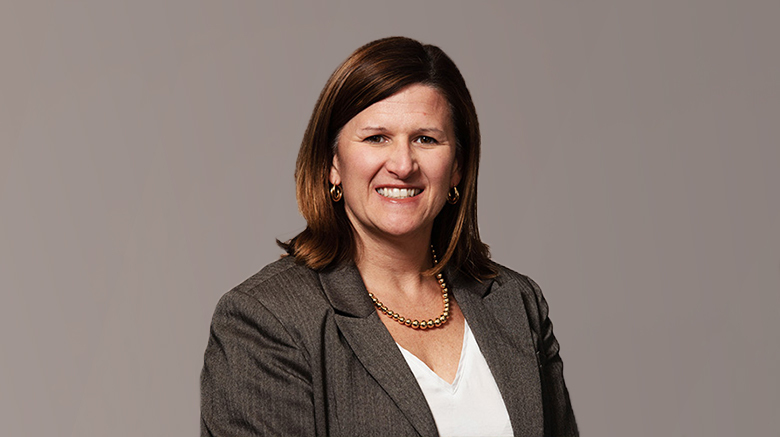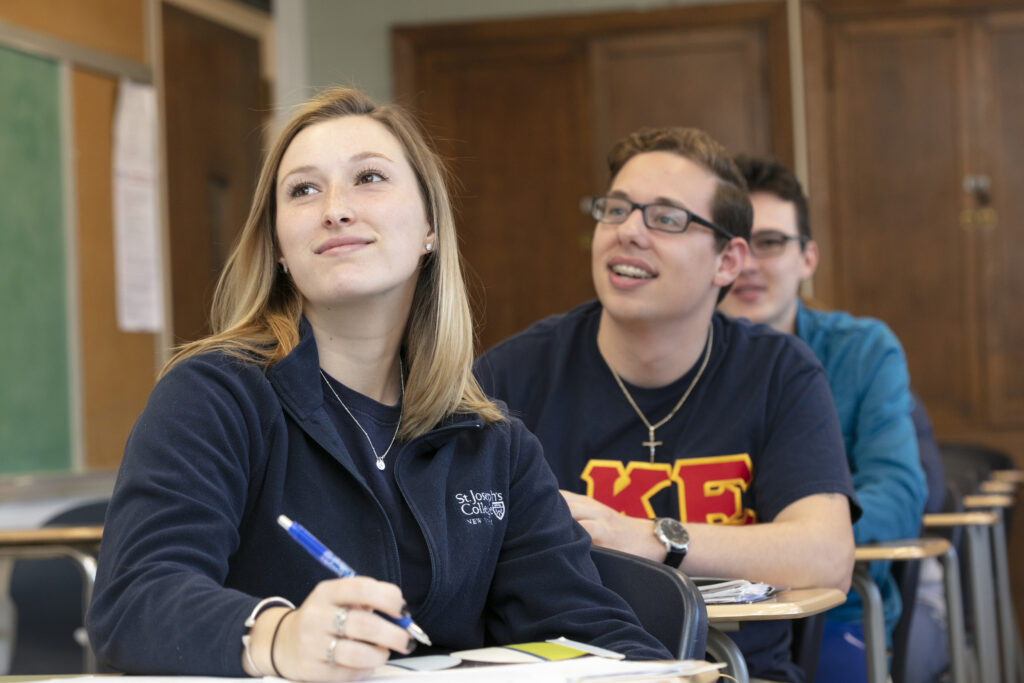Although she was originally a mathematics major in college, Corinne Donovan, Ph.D., never saw herself teaching the subject or becoming an actuary.
It wasn’t until she started taking psychology classes that Dr. Donovan knew she found the field she was passionate about.
“Understanding human behavior is fascinating,” said Dr. Donovan, who earned her bachelor’s degree in both mathematics and psychology from Fairfield University in Connecticut, and who began graduate school three years after working full time in a human resources outsourcing firm. “Getting some early research experience gave me that first insight that I wanted to go into industrial-organizational psychology.”
She started teaching psychology at SJC Long Island in fall 2018, serving as one of the College’s expert faculty members on the topic of industrial-organizational (IO) psychology.
What is Industrial-Organizational Psychology?
IO psychology focuses on human behavior in the workplace. The origins of the field date back to the work of Hugo Munsterberg and Frederick Taylor, when they examined labor in industrial settings to determine how to increase efficiency. Comparatively, it is not as well established or well known as other areas of the field, Dr. Donovan said.
“Industrial-organizational psychology is a big term for the study of people at work,” said Dr. Donovan, who earned her Ph.D. in Industrial-Organizational Psychology from the Graduate Center of the City University of New York. “It looks at questions like how do you hire the right people, how do you train staff, how do you support them in their career, and how do you do performance evaluations that are fair and ethical.”
By asking these questions, IO psychologists help improve how people work within organizations.
“IO psychology is a realm of psychology that uses a lot of the foundational concepts, but applies them in a totally different way, ” she said. “There’s more of a focus on positive psychology, as well. In IO psychology, there has always been a drive to understand individuals’ differences. For example: in motivation, in aptitude to learn new things, in fostering teamwork and collaboration.”
From Corporate to Academic
After earning a doctoral degree, Dr. Donovan started working in the corporate office of a hotel chain in the area of organizational culture and effectiveness. She worked as part of a team that analyzed responses to surveys that examined how engaged employees were.
“It was really cool to be able to have that experience of working on the data at that level — over 100,000 employees, with the survey run in more than 40 languages — and then being able to understand that even with all the differences created by geography and culture, at the core, employees were looking for the same fundamental things,” she said.
From there, Dr. Donovan went into a leadership development position at MetLife, where she developed a set of progressive leadership programs for the leaders in the field, as well as a system to find employees who would be selected and trained as the next managers and leaders.
Once she left MetLife, Dr. Donovan turned to the academic side of IO psychology. She was assistant dean of research and evaluation at Adelphi University’s School of Education, analyzing the students’ learning needs and outcomes, as well as the needs of the faculty, and looking at what the culture was like in the classrooms. She designed and managed the assessment system for nearly 100 full-time and 150 part-time faculty. In this capacity, she supported faculty in designing research focused on teachers and school leaders. Her leadership helped shape the culture in the School of Education to one that placed value on quality data that could be used to help inform instruction and provide feedback to teachers as they developed their skills in the classroom.
Finding Her Place at St. Joseph’s
After teaching as an adjunct during her seven years in higher education administration, Dr. Donovan realized she wanted to move into a full-time faculty position, which would give her the freedom to do her own research in the field.
“I love teaching here at St. Joe’s,” she said, noting that the values of the College really appealed to her when she applied for the position. “Whether it’s Introduction to Psychology and the students are learning about these things for the first time, or it’s higher-level classes where they’re thinking about their own research, it’s exciting to work with students and think through different aspects of human behavior at different levels and with a different perspective.”
Now, Dr. Donovan is currently researching diversity and inclusion in the workplace — which is also the topic of her dissertation.
“It’s really interesting and a bit sad, the state of where we are in 2020, in that so much racism, sexism, ageism — so many ‘isms’ — still really exist out there,” she said. “There’s so much hostility and harassment that goes on in organizations.”
Dr. Donovan explained that there are still a lot of groups who feel less respected and less heard in the workplace. She argued that bringing that information to the leaders of an organization and helping them understand what that means, how to be aware of it, and how to work toward greater inclusion is “a powerful tool.”
“I’m passionate about trying to figure out ways to explore and create more inclusivity in the workplace,” she said. “When people feel like they belong and they are valued, they will be more engaged in the work, and more committed to the organization overall.”
Recent Publications
Dr. Donovan co-authored a paper titled “Investigating the Effects of Federal Funding on Students’ Attitudes Toward Physical Education,” which was published in the journal The Physical Educator.



